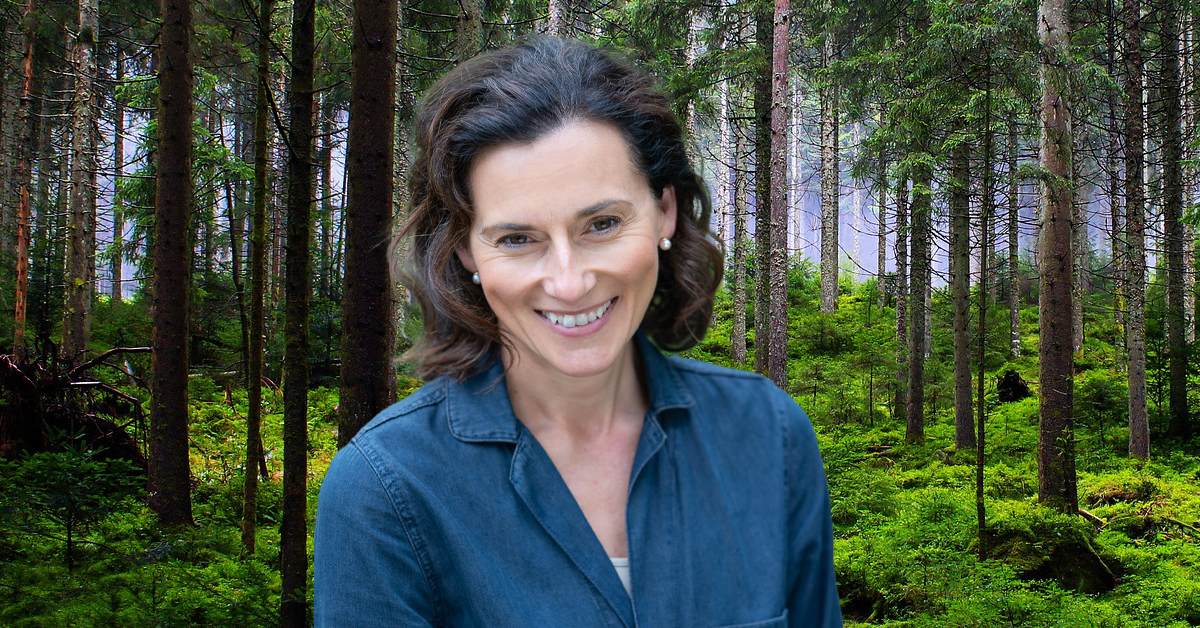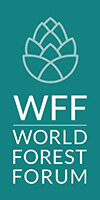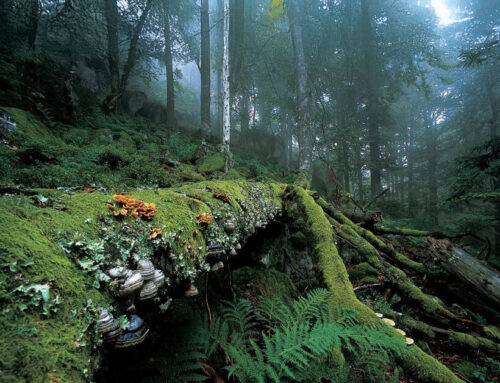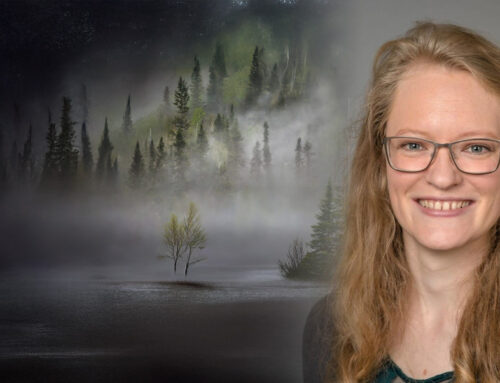
Pioneering verification framework marks milestone in pursuit of secure, transparent commercial market
Sweden today announced plans to launch a global standard for Biocredits in production landscapes at COP16, the U.N. Biodiversity Conference, marking a significant milestone in efforts to advance new solutions to address the global biodiversity crisis. The Global Biocredit Standard has been developed through broad collaboration between researchers, forest owners, and industry, and is aimed at ensuring quality for both buyers and sellers as adoption of new tools for financing nature conservation expands.
The need for conservation efforts has never been greater, and public funding alone – both in Sweden and globally – is insufficient to address the current crisis. Biocredits offer a way for businesses to contribute to preserving and enhancing biodiversity, and the Swedish Biocredit Alliance has established a unique standard to catalyze adoption of biocredits in production landscapes, in particular. The standard, The Global Biocredit Standard, is a global framework designed to ensure quality and transparency for both buyers and sellers by requiring third-party verification and additionality, among other criteria. It will be presented at COP16 by Aleksandra Holmlund, CEO of Qarlbo Biodiversity, who led the SLU research project where the concept of biocredits was first developed and now serves as one of the project’s main partners.
”Sweden has a solid foundation for establishing a credible and transparent biocredit market, but the essential structural prerequisites for a truly functioning market have been lacking to date,” said Jan Wejdmark, founder of the World Forest Forum, which initiated the Swedish Biocredit Alliance. “This decision marks a significant first step towards that goal.”
Biocredits entail compensating landowners for conservation efforts based on an established project plan, with ongoing monitoring to secure and verify the value for buyers. The new global standard is targeted at production landscapes, meaning land previously used for production, with an initial focus on forest resources.
”The work that the Swedish Biocredit Alliance has done with this standard is truly unique on a global scale, as reflected by the comprehensive, peer-reviewed process required to validate broad consensus,” said Aleksandra Holmlund, CEO of Qarlbo Biodiversity. ”Our focus at Qarlbo Biodiversity is on advancing innovative solutions with lasting impact, driven by investments in nature-positive forestry and biodiversity monitoring and reporting technology globally. Adoption of these solutions relies in large part on common understanding and accountability in practice, and integrating this standard and the Swedish Biocredit Alliance’s forthcoming project registry into our Biocredit projects will be critical for bringing us one step forward in pursuit of our ambitious global goals.”
The standard is a monumental milestone in creating a transparent and secure market for global Biocredit transactions. The next step involves developing a clear process for applying and approving various methodologies against the standard, thereby stimulating a viable commercial market. The Swedish Biocredit Alliance will continue working on this initiative, including by establishing a future organization to manage and develop the standard.
Leading partners in the Swedish Biocredit Alliance initiative include the World Forest Forum, Qarlbo Biodiversity, Södra Skogsägarna, Norra Skog, and Umeå Municipality. Numerous additional [JK2] organizations and companies are members and actively involved in various working groups, and the collaboration is open to anyone who wants to contribute to the project’s goals.
Fact Box
The Swedish Biocredit Alliance aims to promote a sustainable, transparent, and responsible biocredit market independently and on a non-profit basis, with the goal of managing the standard and providing a project registry for biocredits. Biocredits are highlighted globally as an essential complement to existing conservation funding.
The Swedish Biocredit Alliance is a member of the global Biodiversity Credit Alliance, founded at COP15 in Montreal in 2022, which aims to establish a global framework for high-quality biocredits. The initiative and project are led by the World Forest Forum, along with Qarlbo Biodiversity, Norra Skog, Södra Skogsägarna, and Umeå Municipality as the steering committee.
Biocredits serve as a tool to stimulate more biodiversity-enhancing conservation projects through private financing. This could involve a company purchasing measures that conserve, develop, and restore biodiversity in a specific area. Biocredits are currently not intended for compensation purposes but allow for voluntary investments to protect and restore critical ecosystems.
A standard serves as a framework with the purpose of creating uniform and transparent processes.
Read more about the Swedish Biocredit Alliance and view the standard at www.swedishbiocreditalliance.se.




